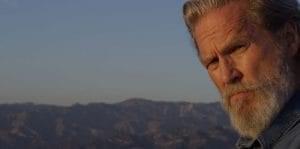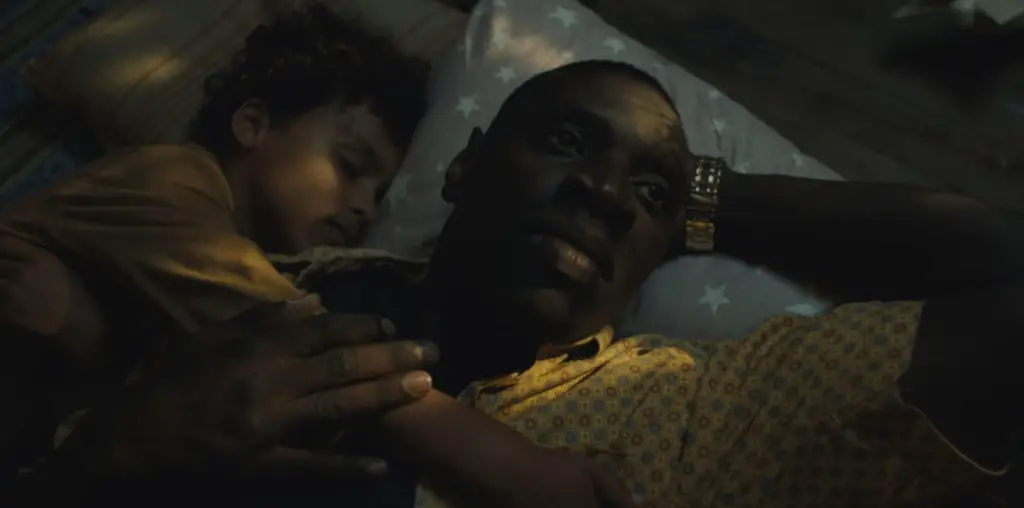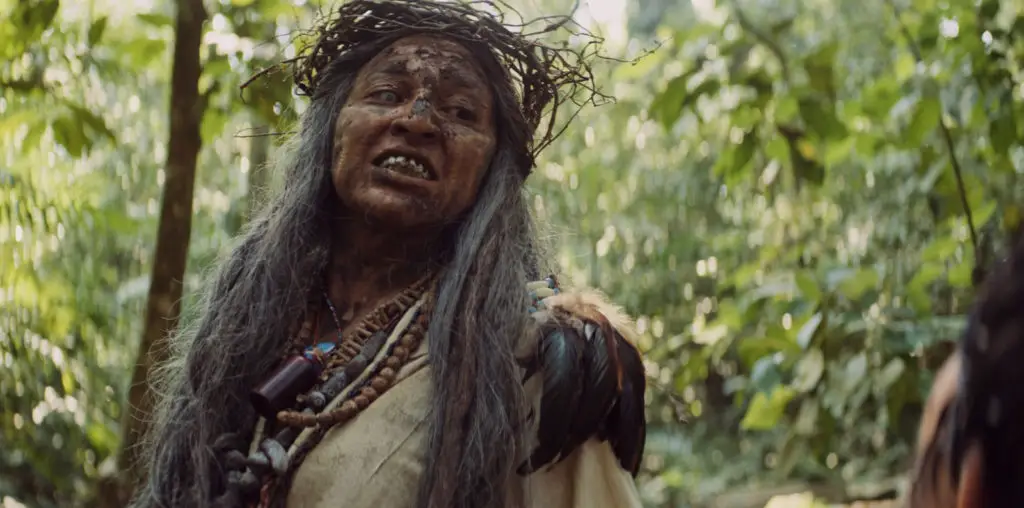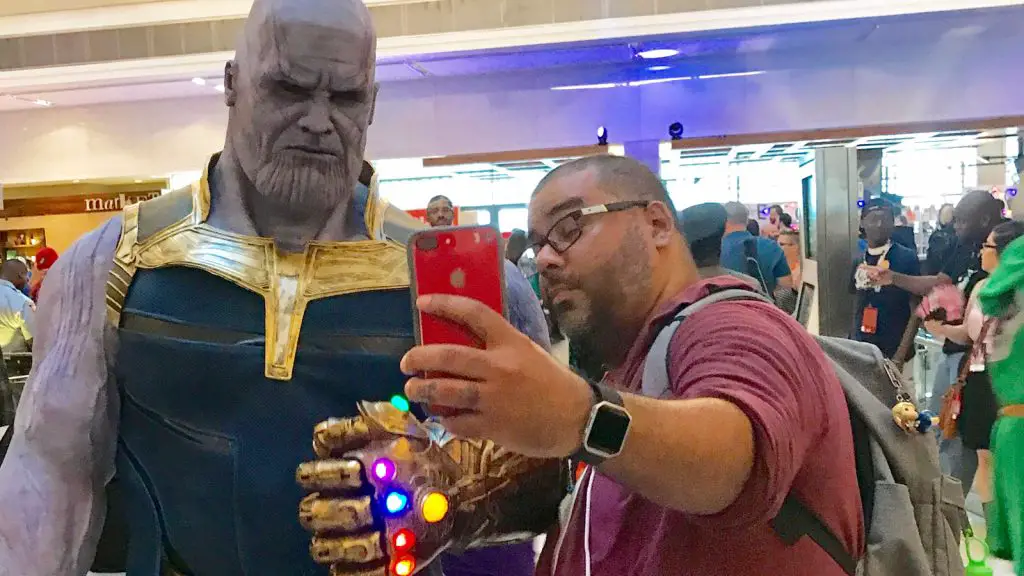
Living in the Future’s Past offers a promising start with its opening shot looking like a scene taken out of First Reformed. An eerie dusky landscape and a pensive looking dude who turns out to be none other than our narrator, Jeff Bridges. And yet, this artistic sense fizzles out quickly as the film soon evolves in something that could have been commissioned for a science museum or an edutainment IMAX feature.
There is no easy way to describe this project: part documentary, part “experiment” and boasting a wide range of experts from all kinds of fields. With each expert appearing for what felt like ten seconds of screen time each and telling us things most of us already know. Humans an incredibly intelligent species; the only one capable of altering its habitat dramatically, while in the process destroying it!
All the scientists, writers, philosophers, anthropologists, psychologists, government and military dignitaries in the film go to great length demonstrating very briefly why we are doomed, if nothing changes. We are then treated to Koyaanisqatsi-like cutaway montages of slow-mo and time-lapse shots of pretty much everything from old B&W images to vibrant, colorful ones, from virgin landscapes to polluted cities, from tiny ants to missiles launches. At first intriguing, and at times quite fitting, this repetitive exercise of jumping expeditiously from one point of interest to the next, might nevertheless prove tedious for unprepared viewers looking for a more conventional documentary.

“Humans an incredibly intelligent species; the only one capable of altering its habitat dramatically, while in the process destroying it!”
From the lens of cinematographer/director Susan Kucera, some viewers will see the film as a work of art, while others will see what could pass as a very long trailer of computer-generated edits of quotes from interviews about climate change and random images; albeit beautiful ones, giving it a cinematic purpose.
Tonally, Living in the Future’s Past tries its very best to be accessible, non-pretentious or not too preachy (as it probably is already preaching to the choir). It is full of good intentions and filled with nice individuals approaching environmental challenges in a hopeful tone that seems almost outdated.
As for the content, the film gives us a lot of useful information, fascinating facts, and again very brief, overviews of many (man-made) things contributing to present global crises. All taking the “everything is connected” perspective to a simplistic, maybe even, questionable stretch linking a segment about genome to scarcity of fossil fuels to the disappearance of phone booths to fascist dictators without further explanation. At this point, some will be left wondering how this parallel between racism and shortage of resources is helpful to anybody in that context.
Also, more than halfway in, one might also ask, “what’s the angle?” as the exposé seems to be going everywhere and nowhere while yet still offering captivating footage and important statistics.

“…quite conventional and presumably something we’ve already seen before…”
The film conclusion is interestingly not a straightforward call to action but rather a reflection on its subjects, as a very chilled Jeff Bridges reappears, confidently hopeful about the future because humans are extremely clever — or something along those lines. He then asks what modest sacrifices we are willing to do to save our planet…without sacrificing too much! But if one were just to look around or check that Doomsday Clock, one will probably not have so much faith in mankind and realize that, even though every “green effort” counts, time for gentle and easy solutions has sadly passed.
In the end, Living in the Future’s Past is quite conventional and presumably something we’ve already seen before, but it never hurts, especially as we are reaching the point of no return.
Besides, there is a reason why we still need this kind of middle-ground documentary. Not because we need more impressive images of insects doing incredible things, but because there are still people out there thinking that “rampant environmentalism” is impeding their fundamental rights to mine the Earth, and not because the livelihood of their communities depends on it. As one of the film’s participant conscientiously pointed, because otherwise, the “other side” wins. But the reality is, we are all on the same side.

Living in the Future’s Past (2018) Directed by Susan Kucera. Featuring Jeff Bridges
5.5/10


